Someone in the engagement industry recently said that the trend now is “tracking employee performance and actions rather than simply engagement” (my emphasis, not theirs…). But guess what? Employee engagement is about inspiring people to do their best and contribute the most for your organization. It’s always been about performance, accomplishing business goals by creating the right conditions for people to succeed.
Employees need to:
- Know they are valued
- Trust in their leaders and in their organization
- Get clear direction and frequent communication
- Benefit from their accomplishments, along with the company
Mix this with fair compensation, competitive benefits, and committed leaders, and you’ll develop an engaged workforce.
The good news is that employee engagement is one of those mutually beneficial phenomena. As employers strive to give people reasons to do the right thing, both parties reap the rewards: Better performance, better outcomes, better retention. Good for people. Good for business.
What’s happened in the field of performance management, however, is that the dialogue shifted heavily towards the word “engagement.” And many people have been talking about engagement as a strictly altruistic thing. “Let’s make everyone happy!” As we have written before, though, it’s not just about being happy. Happiness isn’t your responsibility. Creating a work environment designed for mutual success is.
Recently, many companies have cropped up to offer engagement surveys, from extensive inquiries to pulse surveys. “Are you happy today?” That’s not engagement and you can read why here. Some surveys offer more insight than others, but none of them can have any impact if no one addresses the issues raised by them. If you don’t take the results as action items, all you’ve really accomplished is to alienate the people who took the time to respond.
Maybe we’re nearing a shift away from the word “engagement.” Our industry has had many names before: performance improvement, performance motivation, and incentive marketing, among others. Perhaps, we’re about due for another name to reflect the breadth of what we do. Industry leaders at the Incentive Research Foundation Invitational were talking about it in terms of “transformation,” so that may provide the framework for future conversations about connecting personal aspirations to company goals.
“Simply engagement” is actually not all that simple. Newly robust reporting makes it easier to track and analyze behaviors. Online platforms make programs easier to manage. But the fundamentals of performance improvement have always been the same: Create the right conditions and your people will do their level best to help you succeed.



